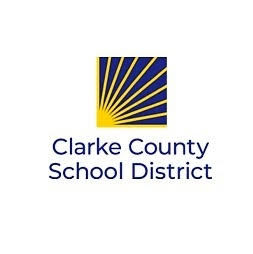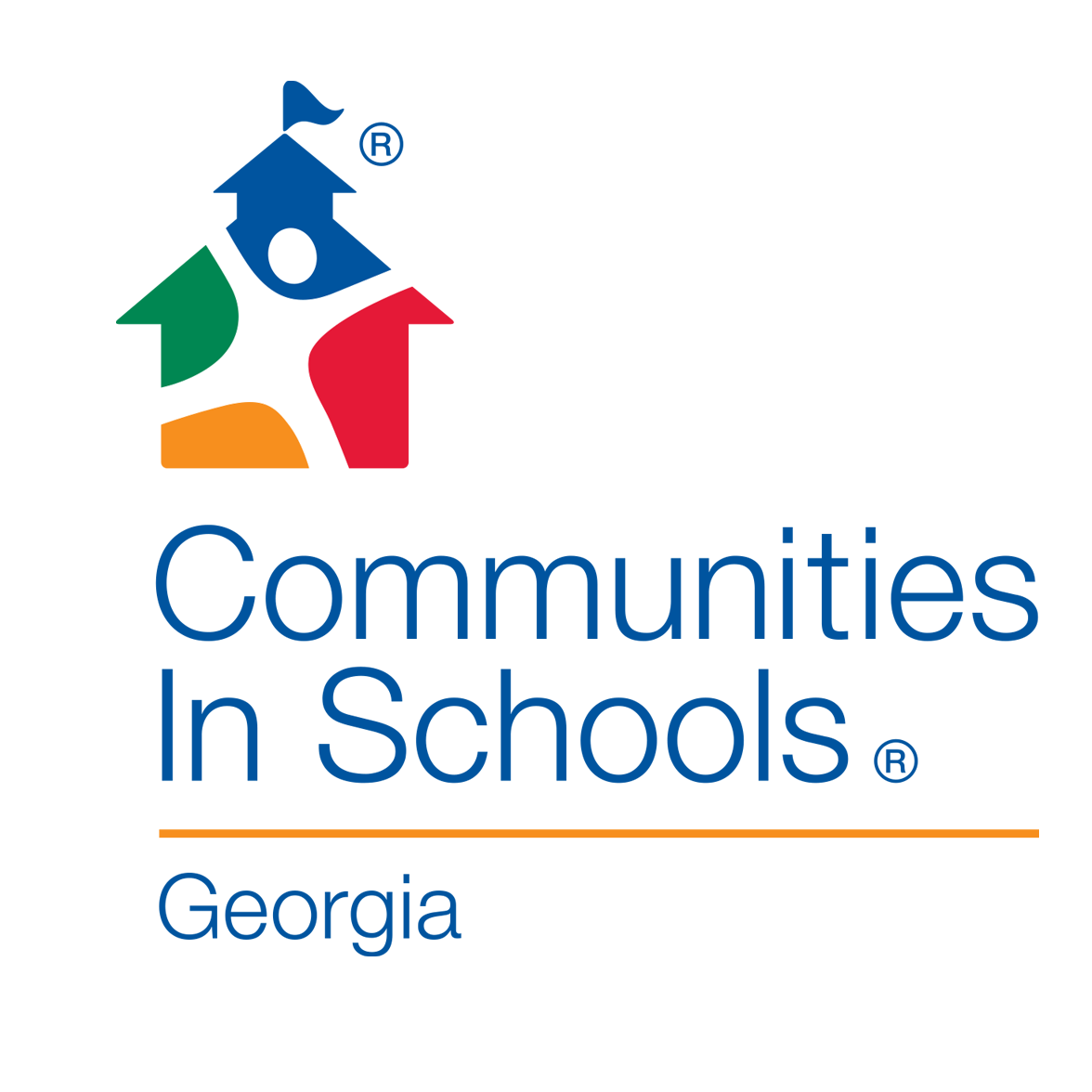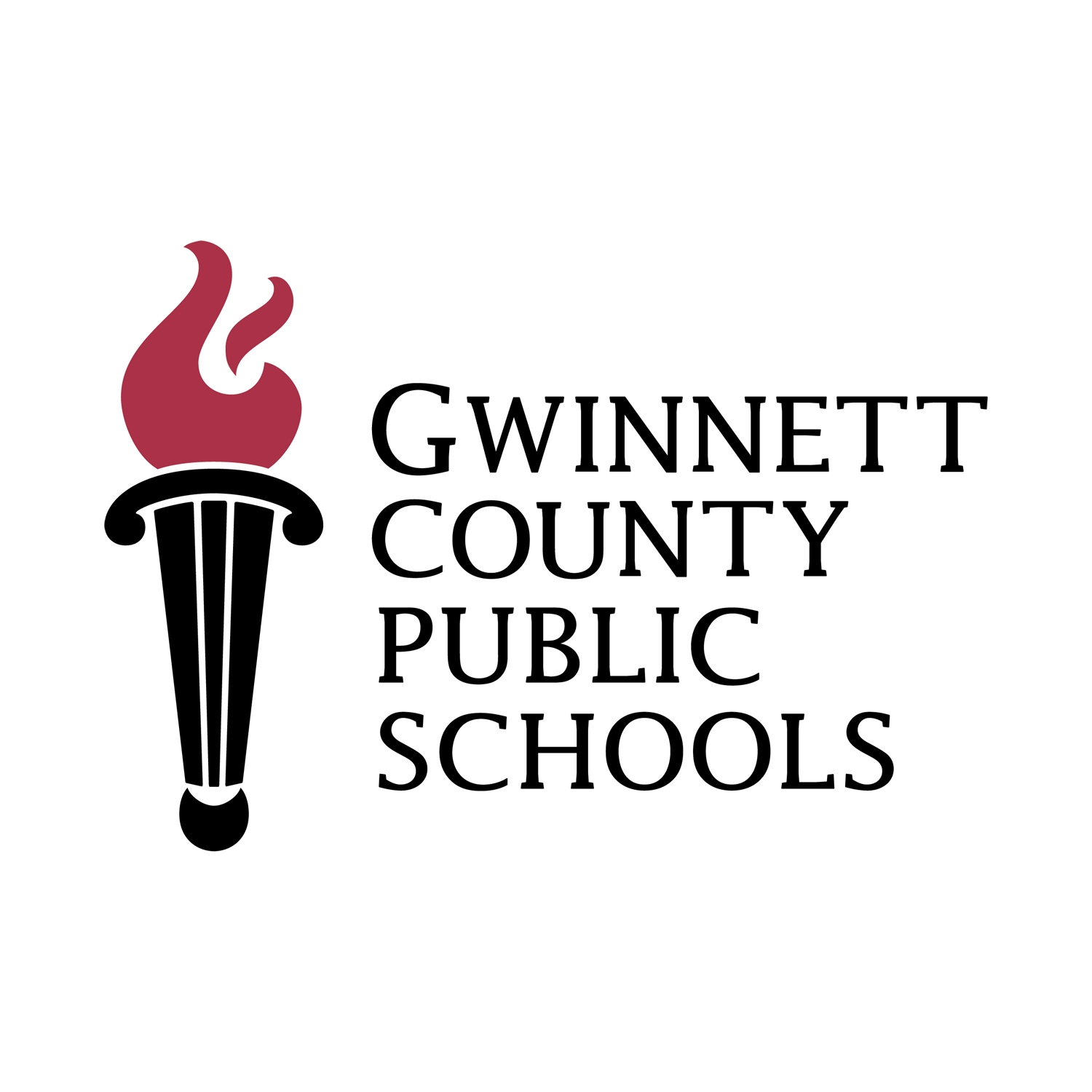- Click here to contact us to explore how we could be supportive of your Restorative Practices implementation needs.
Rooted in a whole school or whole campus approach to RP implementation, GCC can help your institution build a vision and a pathway for a Restorative School Culture.
Through our trainings, technical assistance, coaching, facilitation, and restorative practices implementation support, we accompany school districts, individual schools, and school personnel on the exploration and implementation of restorative practices.
Restorative practices cultivate intrinsic motivation by building self‐awareness and empathy, giving voice to the human stories and needs behind the broken rules, and empowering students to participate in the process of problem-solving.
Click here to read more about School-based

The traditional approach taken by hundreds of U.S. schools over the past 20 years tends to focus on punishing harmful behavior, usually through exclusionary practices such as suspensions (both in-school and out-of-school) or expulsion.
Studies of the impact of such exclusionary methods has revealed startling disparities along lines of race, gender, and disability status – what is often called the “discipline gap.”
According to a 2014 report by the U.S. Department of Justice, African American or Hispanic students are already more likely to be disciplined than their white peers: black students are three times more likely to be suspended and expelled than white students, and over 50 percent of students referred by schools to law enforcement are African American or Hispanic.
A 2008 study by the American Psychological Association, found that students who were suspended exhibited higher rates of misbehavior and repeated suspension than students who were not, and that punitive discipline practices showed no significant impact on school safety.
The shift toward more restorative practices has produced dramatic results in many school environments, often reducing suspensions by 40 percent or more.
Looking to participate and learn some restorative practices of your own? Check out our calendar to see upcoming trainings →
Georgia Conflict Center supports colleges and universities as they explore inclusive and participatory ways of building a safe and welcoming community, as well as ways for working through conflict, harm and wrongdoing in a way that heals, repairs and ensures
support and accountability.
.png)

.png)



.png)



Looking for more information about Georgia Conflict Center?
Browse our Frequently Asked Questions page.
The criminal legal system is based on the notion that people who cause harm need to be harmed in order to achieve “justice”.
Restorative justice exists as a radical alternative to this ideology. Restorative justice chooses healing instead of retribution, mutual accountability over individual punishment.

Restorative justice engages in ancient ways of healing from harm, with the consent of everyone involved. GCC initiated its Restorative Justice Diversion Program in the Western Judicial Circuit in December, 2022.
Georgia Conflict Center's goal is to create a culture shift towards restorative justice and restorative practices within the criminal legal system. After more than a year working with system partners, including judges, DJJ officials, Public Defenders, the District Attorney, and other invested community members, GCC signed a formal Memorandum of Understanding with the Western Judicial Circuit District Attorney in December, 2022 to begin receiving Restorative Justice Diversion (RJD) Case Referrals for high level misdemeanor and felony juvenile cases. The primary component of RJD is Restorative Justice Conferencing, which is described below.
Click here to access free educational resources for restorative justice in the criminal legal system →
Learn about GCC’s Restorative Justice Diversion Program in the Western Judicial Circuit of Georgia.
Restorative Justice Conferencing (RJC), is a restorative practice that can be utilized by the criminal legal system.
RJC in the United States is based on the courageous Maori tribe from New Zealand in the 1980s. The “Western” model of punishment disproportionately punished and incarcerated Maori people.
The Maori people, frustrated by the loss of their people and culture, introduced their restorative circle practices into the New Zealand legal system. Now referred to as Family Conferencing, the idea is beginning to take root throughout the United States.
RJC involves facilitating a consensual agreement-making process between the harmed and one who has caused harm. Restorative conferencing would allow select juvenile cases to be diverted from the juvenile justice system, allowing healing and a mutually-agreed resolution before trial. This keeps youth in their communities, accountable, and healthy.
Restorative Support for Organizational Conflict and Development
As we learn about conflict, we begin to understand that it is a natural part of life, and particularly life lived with and among others. A wise mentor once said, “The only place you won’t find conflict is in a cemetery, and that’s because everyone is dead.” Without intentional learning and practice, conflict can feel scary or painful. As we deepen our skills and understanding about conflict, we can begin to embrace it as a source of growth and understanding, as well as an opportunity to build community and strengthen relationships.
Georgia Conflict Center would like to help your organization welcome and embrace conflict as a source of growth, inspiration and even creativity. As you and your colleagues develop the understanding, skills and processes for being with and for each other in the midst of conflict, you will experience short-term and long-term tangible benefits within the life of your organization. Below are a few potential offerings that you might consider to begin your journey to becoming a Restorative Organization, or an organization that values community and relationships rooted in respect, collaboration, inclusion and making right when wrong has been done.
1) 3-hour Introductory Workshop on Conflict and Restorative Approaches for Transforming Conflict
This introductory workshop will help participants reframe conflict as an opportunity, as well as develop effective ways of dealing with conflict. Workshop objectives include:
Cost of this Introductory Workshop: approximately $3,000 for 25 or fewer participants (larger group workshops available upon request¹
Note: Depending on the needs of your organization, GCC will also offer followup sessions to assist your organization with the operationalization of restorative approaches to conflict and harm. This would be best negotiated on a case-by-case basis.
¹ GCC is committed to serving our community, regardless of the ability to pay. Please do not hesitate to reach out about pricing options or scholarship support should proposed costs be an obstacle.
2) Restorative Facilitation Support
At times it is helpful to have a 3rd party assist with facilitation and support in the midst of conflict or harm. GCC is willing to provide expert facilitation and restorative support for you and your colleagues toward a pathway of repair and making things better for all.
Restorative Pathways can look quite different based on the situation and the needs of the group. GCC provides a customized approach, tailored to the needs of your group or organization. We offer a 30-minute free consultation to discuss your particular situation and how GCC can provide restorative support.
Cost for Restorative Facilitation Support: approximately $200 per hour for direct services and $75 per hour for indirect services/preparation/follow-up.²
²These are cost approximations, however we will share a more detailed cost proposal following an initial consultation that will be suited to the needs of your group or organization.
3) Follow-up Skill-building Workshops
In order for your organization to be able to embrace conflict as a source of growth, inspiration and creativity, developing new skills and internal processes will be essential. GCC will support you with skill-building for conflict transformation according to your specific needs and desires. Some of the offerings may include:

Danny Malec currently serves as Executive Director at Georgia Conflict Center. He has a Master of Arts in Conflict Transformation from the Center for Justice and Peacebuilding at Eastern Mennonite University. Previously, Danny was the GCC Restorative Practices Director, primarily assisting the Clarke County School District, Gwinnett County School District and individual Clarke County Schools with Restorative Practices implementation.
Prior to moving to Athens, Danny served for 4 years as Assistant Principal of Restorative Practices at E.L. Haynes Public Charter High School in Washington, D.C (2012-2016).
He has worked for 20+ years in the areas of youth development, youth violence prevention and intervention, conflict transformation, trauma healing, restorative justice and school administration.

Jodi Barnes brings a balance of consulting, teaching, training, coaching, and community work to GCC. She loves opportunities for improved communication, change management, leadership, and genuine inclusion in the workplace. Social identity, engagement, trust, and voice are central themes.
Jodi has a PhD from the University of Georgia in human resources and strategy, an MA in labor and employee relations from the University of Illinois, and an MS in organizational communication and a BS in journalism from Illinois State University. She has worked for Schlumberger, Cisco Systems, Duke Energy, and several pharmaceutical firms. In addition to being on graduate and undergraduate faculties at Clemson University, North Carolina State University, and UGA, she co-facilitates conversations around ethnicity, race, religion, and gender identity for schools, organizations and communities. She is also trained in restorative justice circle-keeping.
Eight years ago, Jodi founded 14 Words For Love, a social enterprise that promotes social justice and human connection through creating and sharing small pieces of art, writing and conversation. Jodi has three adult daughters who live along the US eastern coast. She and her husband live in Athens where Jodi also writes, works with Clarke County students, and is an advisory board member for Athens Anti-Discrimination Movement.

Mikhayla Smith is an educator, community organizer, and author. She dedicates her activism to helping make Athens a place rooted in justice, equity, and restoration. Mikhayla has been an educator at Joy Village, a school geared towards the joy and education of Black children, as well as an educator at Whit Davis Elementary.
She is the program assistant for the Regenerative Institute of Community Education, which seeks to facilitate resource sharing, intergenerational learning, technical assistance, and earth healing with respect to conservation, land stewardship, and other agricultural projects/practices.
Mikhayla is a published writer and is currently serving a two-year term as Athens' second Poet Laureate.
Building community capacity for engaging conflict and harm with empathy, respect, support and accountability is a central strategy for the Georgia Conflict Center.
Through training and facilitation in conflict transformation, restorative practices and nonviolent communication, we are working to support community groups and organizations to build peace with justice.
Can we support you, your group or your organization? Contact us and let us know how we can help.